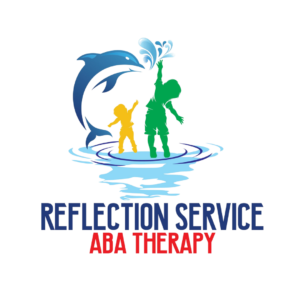
Fostering Friendship in Children with Autism
Strategies to Help Children with Autism Develop Meaningful Social Relationships
Autism spectrum disorder (ASD) is a complex developmental condition that affects social interaction, communication, and behavior. Children with ASD may experience challenges in developing and maintaining friendships, which can lead to feelings of isolation and loneliness.
Strategies for Fostering Friendship in Children with Autism
Here are some strategies that can help children with ASD develop meaningful social relationships:
- Provide opportunities for social interaction: Encourage your child to participate in activities that involve other children, such as sports, clubs, or playgroups.
- Teach social skills: Explicitly teach your child social skills, such as how to make eye contact, take turns, and have a conversation.
- Use social stories: Social stories can help children with ASD understand and navigate social situations.
- Provide visual supports: Visual supports, such as pictures or symbols, can help children with ASD understand social cues and expectations.
- Be patient and understanding: It takes time and effort for children with ASD to develop social skills. Be patient, understanding, and supportive as your child learns and grows.
Additional Tips
- Find a mentor: A mentor can be a positive role model and help your child develop social skills.
- Encourage self-advocacy: Teach your child how to advocate for themselves and their needs.
- Celebrate successes: Recognize and celebrate your child’s progress, no matter how small.
Conclusion
With patience, support, and the right strategies, children with ASD can develop meaningful friendships and enjoy the benefits of social connection.
